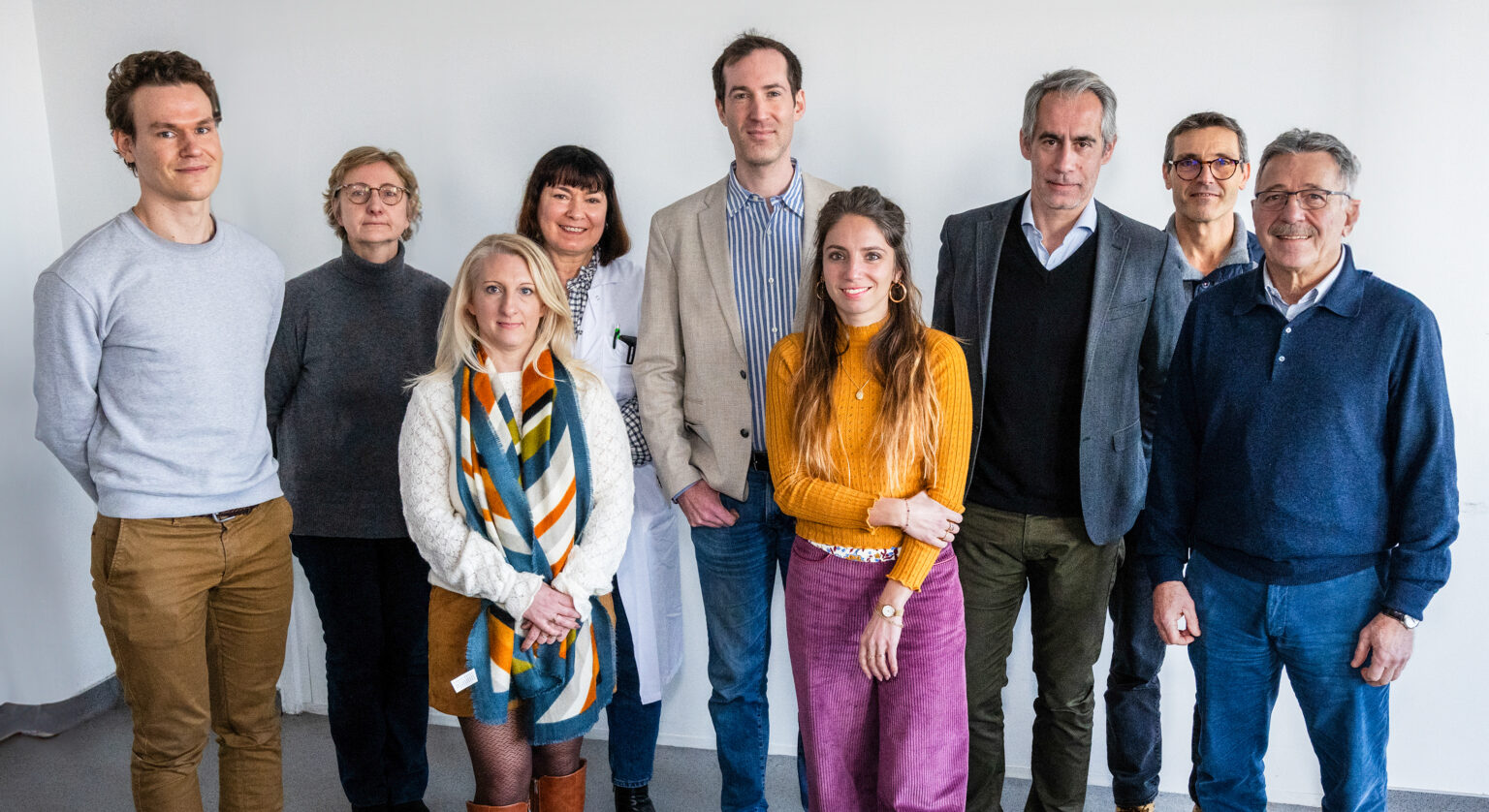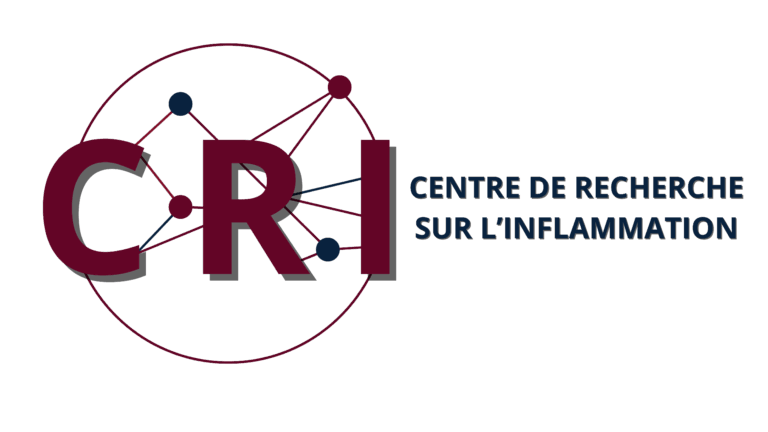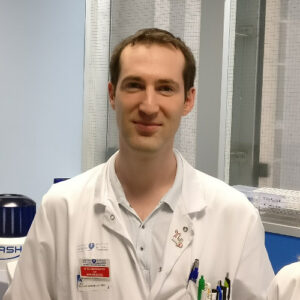
Innate immunity and pulmonary inflammation
Team De Chaisemartin / Launay
Scientific areas : Pathophysiology of inflammatory & fibrotic diseases axisTeam composition
Emeritus
PhD students
The main objective of the InnaLUNG team is to address the clinical complications of inflammatory lung diseases from the perspective of innate immunity. Our goal is to decipher the inflammatory pathways involved in order to define new therapeutic targets and diagnostic/prognostic markers in two pathologies: severe asthma and primary graft dysfunction.
In severe asthma, acute exacerbations are responsible for the majority of morbidity and mortality associated with the disease. Through multi-omics immunoprofiling studies, we will establish the contribution of innate immunity to susceptibility to exacerbation in severe asthma, with the aim of identifying potential targets for diagnosis or therapeutic intervention. The physiological relevance of these targets will be validated in two murine models with different pathophysiologies.
In lung transplantation (LT), we will focus on the early postoperative inflammatory mechanisms in order to identify the key cells and molecules involved in primary graft dysfunction. In parallel with exploratory translational studies, we will establish an ex vivo human lung transplantation model using grafts disqualified for therapeutic transplantation connected to an ex vivo ventilation and perfusion machine (XVIVO®). Finally, we will establish an orthotopic murine transplantation model to further investigate the role of innate immunity in host-graft interactions. This combination of approaches will allow us to precisely understand the early inflammatory events of pulmonary inflammation and the associated innate immunity parameters. This knowledge will allow us to consider patient stratification strategies based on their immune status, coupled with innovative therapeutic interventions, with the aim of improving the management and morbidity and mortality associated with these diseases.
These decidedly translational themes are integrated into the unit’s central theme, which is research on inflammation in human pathology, and in particular the major focus area “Pathophysiology of inflammatory and fibrotic diseases”.


